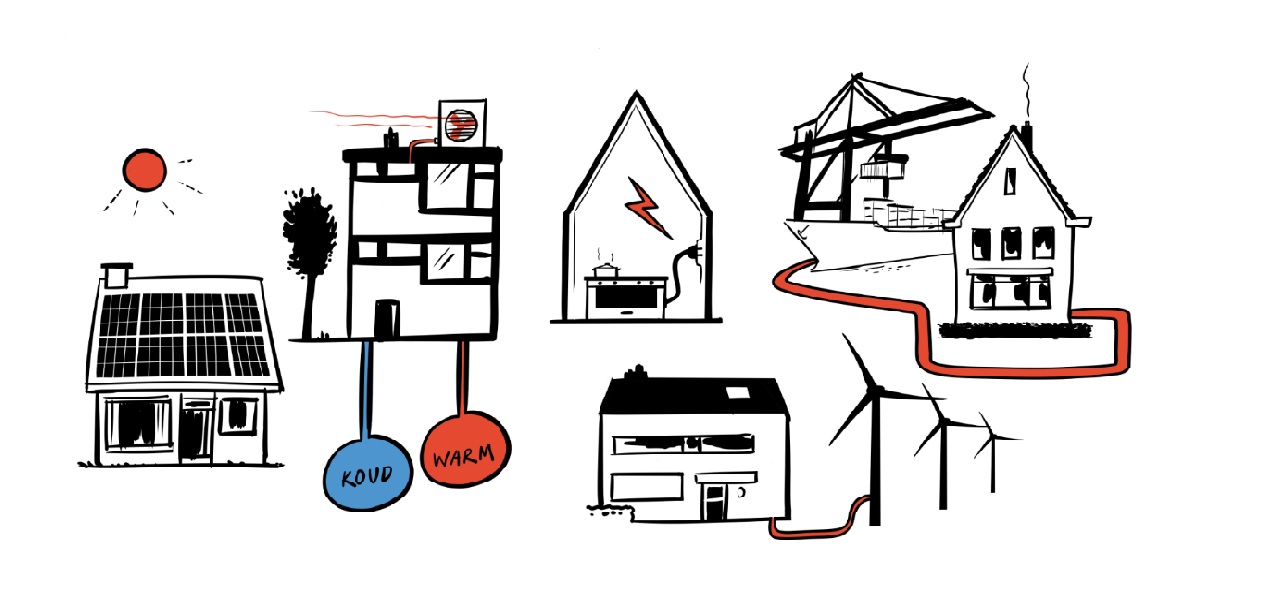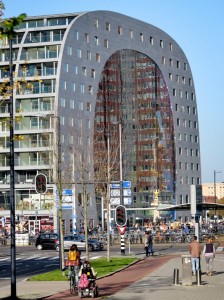Rotterdam’s unique approach to heat transition is a driver for cashing in on opportunities. Currently, 80% of the buildings in Rotterdam are heated by (domestic) gas boilers, while many houses do not have optimal insulation. The Dutch city of Rotterdam started its “heat transition programme” to reduce energy consumption and replace fossil based energy use, . This programme is having a huge impact not only on the owners and end-users of the buildings but also on the urban environment. The programme focuses on the optimal combination of energy-saving measures at buildings level (reduction of consumption & re-use) and changes at energy systems level (re-use and production of sustainable energy). The goal of heat transition is to achieve (close to) zero emission heating. The programme focuses on realising economy of scale and combining operations, while also using the transition as a driver to improve the city. The districts in transition will be scanned for opportunities for improvement arising from local concerns, e.g. parking problems or social cohesion. This will not only result in lower emissions, cleaner air, more jobs and a call for innovations, but will also have a valuable and positive social and environmental impact.



